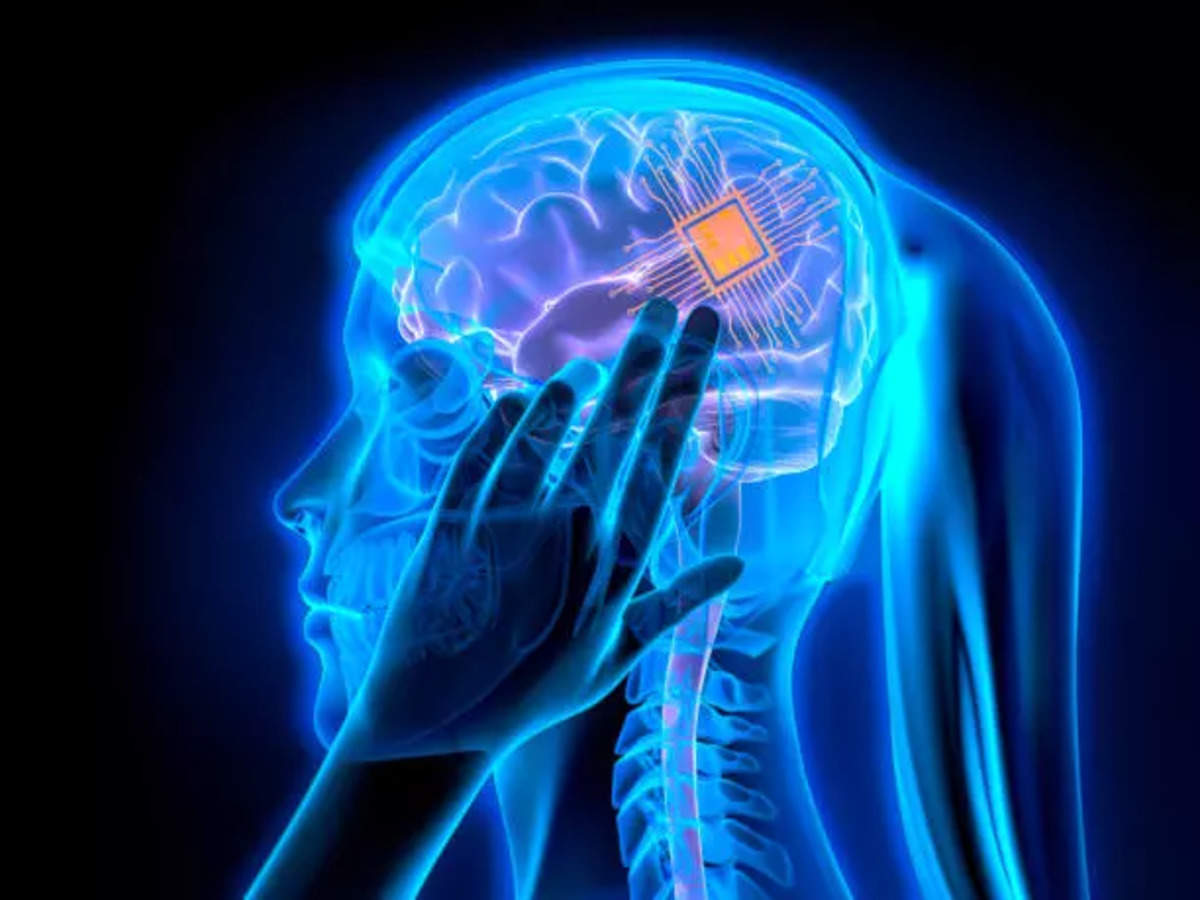By : Pawan Gupta
Elon Musk, the enigmatic entrepreneur known for his ventures into space exploration, electric vehicles, and tunnel boring, has once again captured the imagination of the world with his latest endeavor – Neuralink. The company, founded in 2016, aims to develop implantable brain-machine interfaces (BMIs), with the ambitious goal of enhancing human capabilities and potentially even merging human minds with artificial intelligence.
Recently, Neuralink achieved a significant milestone that has left scientists, technologists, and enthusiasts alike awestruck. In a groundbreaking demonstration, Musk unveiled a remarkable achievement – a monkey named Pager playing Pong using only its mind, facilitated by a Neuralink implant.
The demonstration showcased Pager, a nine-year-old macaque monkey, navigating a digital game of Pong purely through his neural activity. This feat was made possible by implanting a small chip, about the size of a coin, into Pager’s brain. This chip, embedded with thousands of electrodes finer than a human hair, interfaces with Pager’s neurons, allowing him to control a computer cursor with his thoughts alone.
The implications of this achievement are nothing short of revolutionary. For the first time in history, we are witnessing a direct, bidirectional communication link between a biological brain and a computer. This milestone not only highlights the incredible progress made in the field of neurotechnology but also opens the door to a multitude of potential applications that could fundamentally transform the way we interact with technology and understand the human brain.
One of the most promising applications of Neuralink’s technology lies in medical treatments. By providing a direct interface to the brain, Neuralink implants could revolutionize the treatment of neurological disorders such as Parkinson’s disease, epilepsy, and spinal cord injuries. These implants have the potential to restore lost motor functions, alleviate chronic pain, and even enable individuals with paralysis to regain control over their limbs.
Moreover, Neuralink’s technology holds the promise of enhancing human cognition and augmenting our natural abilities. Imagine being able to download knowledge directly into your brain, instantly acquiring new skills or languages with the same ease as updating an app. With Neuralink implants, individuals could potentially access vast repositories of information or even communicate telepathically, transcending the limitations of traditional language.
However, with such groundbreaking advancements come ethical considerations and concerns about privacy, autonomy, and consent. The prospect of directly interfacing with the human brain raises questions about who controls the flow of information, how it is used, and what safeguards are in place to protect individuals from potential abuses or intrusions.
Furthermore, the long-term implications of merging human minds with artificial intelligence raise profound existential questions about identity, consciousness, and the nature of humanity itself. As we venture into uncharted territory at the intersection of technology and neuroscience, it becomes imperative to approach these developments with caution, foresight, and a deep understanding of their potential societal impacts.
Despite these challenges, the successful demonstration by Neuralink represents a remarkable leap forward in our quest to unlock the mysteries of the human brain and harness its full potential. Elon Musk’s vision of a future where humans and machines seamlessly integrate is inching closer to reality, offering tantalizing glimpses of a world where the boundaries between biology and technology blur.
As we marvel at this “mind-boggling” first step for Musk and Neuralink, it is essential to tread carefully, ensuring that the benefits of this technology are balanced with ethical considerations and societal well-being. With responsible stewardship and a commitment to advancing human welfare, Neuralink’s journey has the potential to shape the course of human evolution and propel us into a future limited only by the bounds of our imagination.
